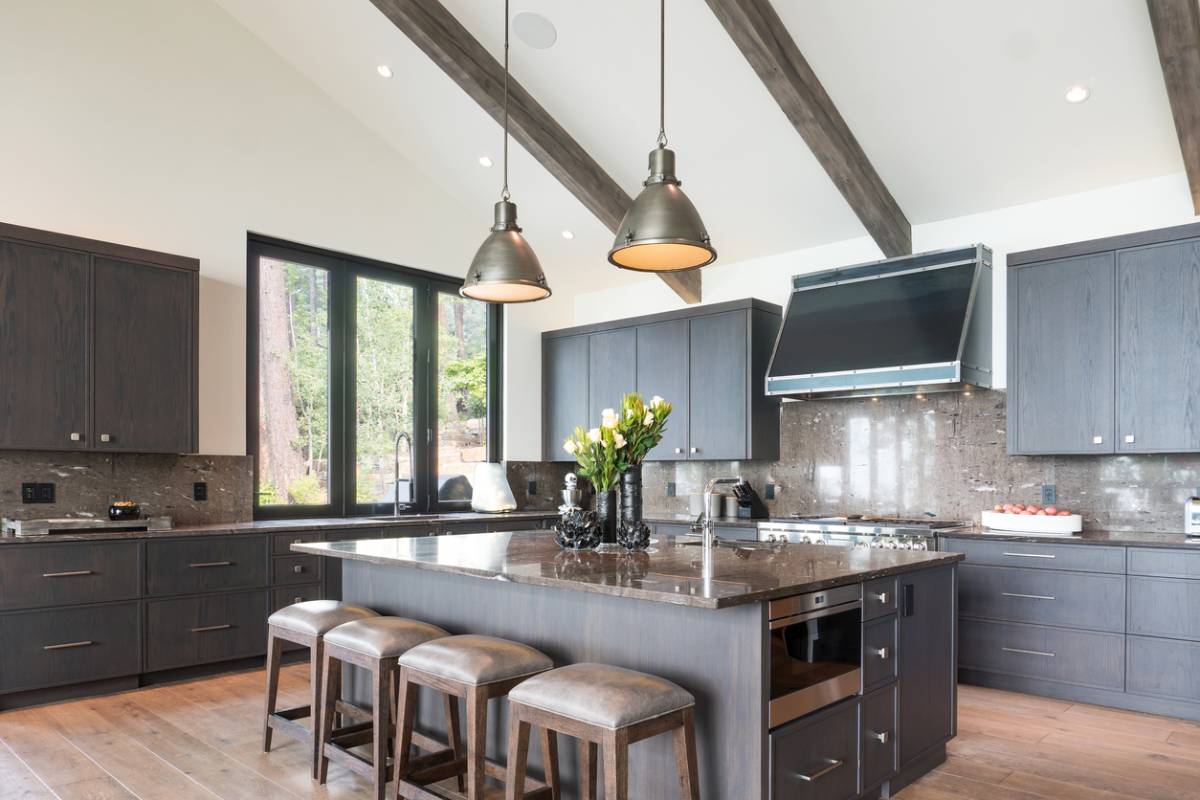A perfect kitchen is all about balance. When designing a new kitchen or starting a remodeling project from scratch, it is important to weigh factors such as budget, style, and design before coming up with a final product. Another important element of modern kitchen design is finding the most sustainable and eco-friendly materials that not only reduce your carbon footprint but provide long-lasting kitchen spaces for you to enjoy. Below is our eco-friendly countertops buying guide.
Eco-Friendly Countertops Buying Guide
Whether renovating an entire kitchen or just looking to replace your old countertops, this eco-friendly countertops buying guide will help you get started in the right direction. In this article, you will find the most sustainable materials to use in your kitchen and learn why Neolith sintered stone countertops are the most eco-friendly options available on the market today.
Defining Eco-Friendly Materials
What exactly makes a countertop eco-friendly? How can you tell when materials are sustainable, or taxing to the planet? Being green can mean something different to everyone, but certain specifications make eco-friendly materials stand apart from the rest. From the way they are manufactured using low-impact processes to the installation methods used, there is a lot that goes into making something more friendly to the environment.
Safety is also an important factor when finding the best materials for a countertop. Unhealthy materials may be sealed with toxic chemicals that can cause illness when mixed with food. As a counter space, you will be preparing a lot of food on it, so it’s important that the materials offer a safe way for you to cook. Natural oils and waxes are used on eco-friendly materials to keep them durable without posing a risk to your health.
Finding the Best Countertop Options
What kind of materials are classified as eco-friendly? Some of the most popular sustainable countertops include:
- Stainless steel
- Salvaged logs
- Repurposed wood
- Hardwood
- Butcher block
- Recycled paper
- Recycled glass
- Linoleum
- Natural stone
- Sintered stone
- Quartz
- Recycled porcelain
One concern that many new homeowners have when looking for sustainable products for the first time has to do with money. Don’t specialty materials require a bigger budget? Thankfully, they don’t; many of the best sustainable countertop options are cheaper than or comparable to other countertop types.
Choosing the Perfect Counter
There is a lot that goes into the thought process surrounding a kitchen redesign. Countertops are easily the most important part of the kitchen, as this is where you use most of your space to prepare and enjoy food. Because of this, they need to be constantly reliable. Countertops should also be:
- A clean surface to eat on without getting ill
- A space to store and prepare food
- Resistant to cracks, scratches, and breaks
- Able to withstand extreme temperatures such as pots and pans
- Spill-proof
- Easy to maintain with very few cleaning requirements
It’s more than possible to find a countertop material that meets all of your requirements as well as your design specifications and preferences. How do the professionals choose? They tailor-make economic and sustainable countertop slabs that fit all the requirements homeowners are looking for. It is easy to save trees and reduce the impact on the planet, one countertop at a time.
Get Sintered Stone for Your Kitchen Today!
At Neolith, we employ a highly sustainable manufacturing process for the creation of our sintered stone kitchen countertops and eco-friendly structures. If you are in the middle of a remodeling project or you are trying to reevaluate sustainability in your home, the countertops are a great place to start. Get in touch with one of our Neolith pros today and learn about the process that goes behind our environmentally-friendly sintered stone slab production.
